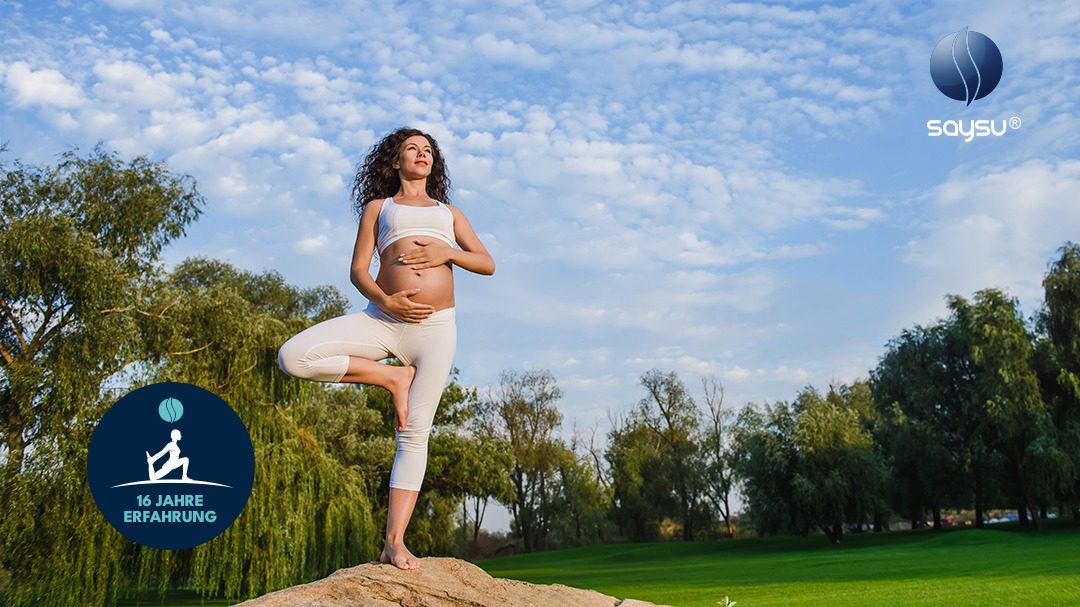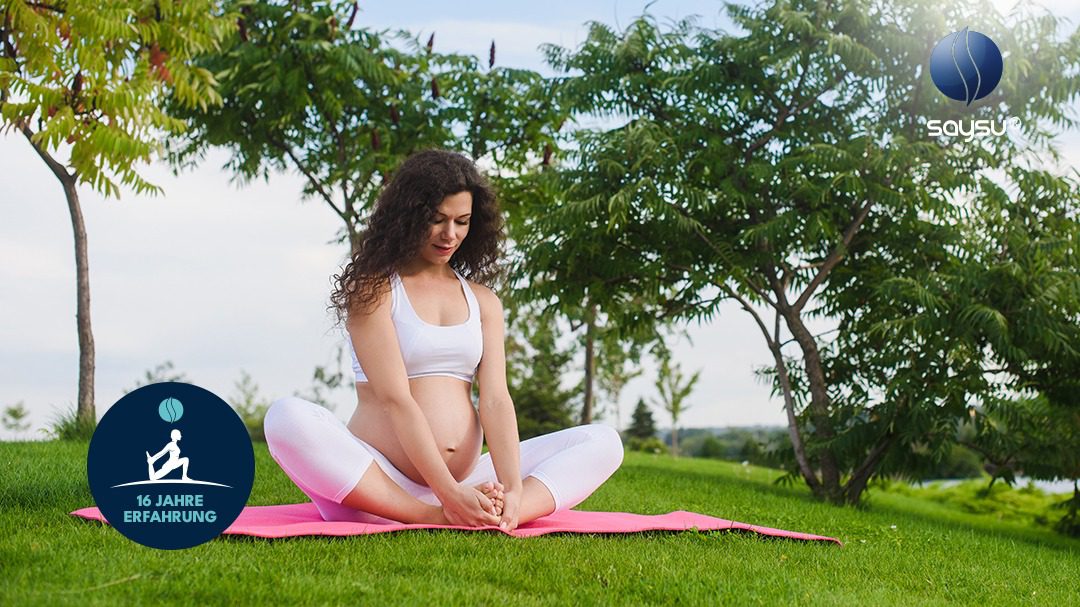Pregnancy is an exciting and challenging time in a woman’s life. During this period, it is essential to focus on one’s health to ensure the well-being of both mother and baby. Outdoor fitness can be an excellent way to stay active, and there are numerous activities and exercises that expectant mothers can perform safely and effectively. In this article, we will investigate, based on international medical research literature, which outdoor fitness equipment and exercises are suitable for pregnant women, how they should eat during this time, and much more.
According to a study by Evenson et al. (2014), moderate physical activity during pregnancy is beneficial for both the mother and the unborn child. It is recommended to perform at least 150 minutes of moderate physical activity per week. However, some safety aspects should be considered to minimize potential risks.
Some outdoor fitness equipment is particularly suitable for pregnant women. These devices allow for gentle training without significant impact on joints and the spine. However, it is crucial to pay attention to proper posture and technique to avoid injuries and overloading (Artal & O’Toole, 2003).

When choosing exercises, pregnant women should ensure that they have a lower risk of falls and injuries. Exercises such as yoga, Pilates, swimming, and walking are particularly recommended in this regard (Price et al., 2012). On the other hand, they should avoid exercises that pose a high risk of abdominal injuries during pregnancy, such as contact sports or activities with a high risk of falling.
Nutrition is another essential aspect of staying healthy and fit during pregnancy. A balanced diet, rich in fruits, vegetables, whole grains, lean proteins, and healthy fats, should be pursued (Institute of Medicine, 2009). Additionally, expectant mothers should ensure adequate fluid intake to prevent dehydration and overheating during exercise (Szymanski & Satkunskiene, 2011).
It is also advisable to listen to the signals of one’s body and adjust the training program accordingly. If pain or discomfort occurs, the activity should be reduced or modified to ensure the safety of both mother and child (ACOG, 2015).
In conclusion, outdoor fitness during pregnancy can be a healthy and safe way to promote physical activity. There are numerous benefits associated with regular exercise during pregnancy, including improved circulation, reduced stress, and support for the healthy growth of the fetus. Additionally, outdoor fitness can be an excellent opportunity to spend time outdoors and connect with other expectant mothers. However, it is essential to consult your doctor before starting a new fitness program during pregnancy to ensure it is safe for you and your baby.

